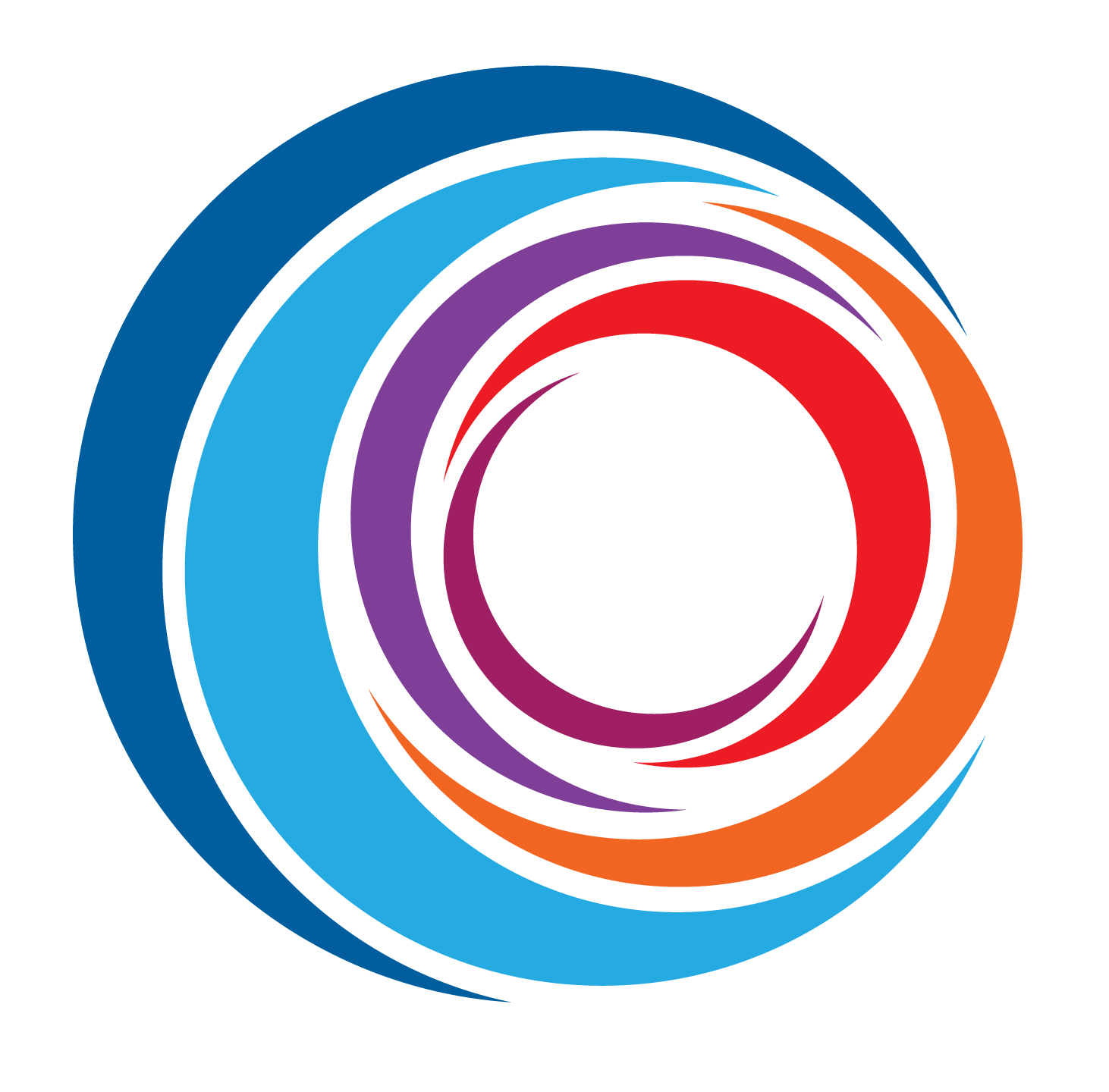The public group of schools in the village of Łajski, Poland, includes primary schools and lower-secondary schools. This learning community is committed to inclusive education, and has been working with pupils with special educational needs and disabilities for 12 years. It is a growing community, which currently has 100 employees, 17 new assistant teachers and 420 pupils. This includes 40 pupils with additional support needs – a number which has doubled since last year.
The school is taking an active part in the Agency’s Raising the Achievement of All Learners in Inclusive Education project. It is exploring ways to support teachers and other school staff through active involvement in national and international activities. Other areas of interest include new approaches to assessment, as well as guidance and certification on transition from school.
Participation in the Raising Achievement project has allowed the school community to learn directly from others across Europe who promote inclusive learning. Thanks to its networking activities, the school has initiated strong collaboration with the university. Deputy head teacher Virginia Stafiej explains that this idea arose from conversations with the external project experts: ‘We realised that we needed researchers to get knowledge into the school’.
The school has been involved in other networking activities, such as visits from international university professors and co-operation with the International Helsinki Federation for Human Rights and the Ministry of Foreign Affairs.
On 5–6 October 2016, the school held a conference for teachers, parents and external stakeholders. This involved initial presentations and four parallel workshops on the school’s key issues for raising the achievement of all learners – namely leadership, subject teachers, support teachers, and individual educational and therapeutic planning.
Some 140 participants from different fields attended the conference. These included scientists, policy-makers, school principals and teachers, as well as 15 inclusive education experts from different European countries.
During the meetings, participants discussed the schools’ current challenges and new priorities. Examples include: building a co-operation network between different schools, local authorities and other non-governmental institutions; supporting staff development by offering different training opportunities; making better use of digital technology and online learning; and fostering international communication with foreign schools and institutions.
Head teacher Marek Tarwacki described the discussions as lively and fruitful. He confirmed that they furthered the school’s aim of raising awareness about inclusive education. The school expects that the (as yet non-inclusive) schools in the neighbourhood will now establish closer contact with them, given that their head teachers participated in the event and gave positive feedback.
On 7 October, the school participated in the conference organised by the Polish Ministry of National Education within the framework of the Agency’s Raising Achievement project. Entitled ‘Effective Inclusive Education’, the conference presented work at the European level which will inform further development in Poland. Experts from Wales, Finland and Norway presented their country developments on inclusive education, while the school showcased its work as a good example of inclusivity in Poland. Participants included head teachers, parents and experts from NGOs and from centres for diagnosis and counselling for children and young people. A live feed of the conference, with sign language interpreting, was streamed on the Ministry’s website (the videos are now available in Polish).
